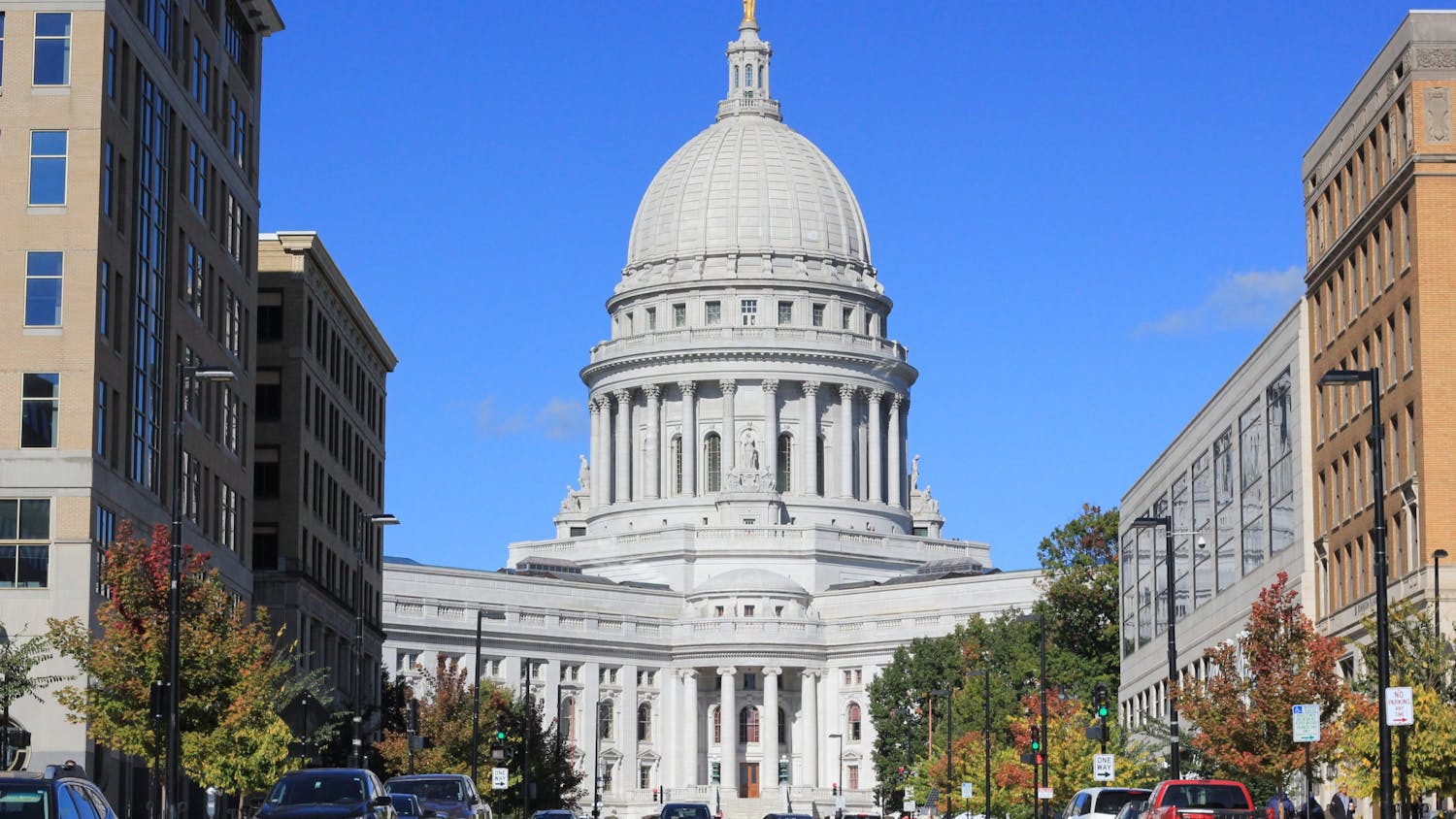Universities censor the speech of their students and faculty using discrimination and harassment policies, according to testimony by Greg Lukianoff, director of legal and public advocacy for the Foundation for Individual Rights in Education.
He spoke this week before the Senate Committee on Health, Education, Labor and Pensions at a hearing devoted to overseeing intellectual diversity in higher education, committee spokesperson Joshua Shields said.
Lukianoff said campus speech codes often go beyond protecting students from harassment.
\If you have a racial harassment policy but it bans 'intolerant expression,' it's not a racial harassment policy; it's a speech code,"" he said. He added people may feel uncomfortable opposing anything called a racial or sexual harassment policy, even if it restricts protected forms of speech.
The UW System's student speech codes underwent a major revision in 1991 when a federal judge found them unconstitutional. They now focus on harassment, discrimination and violent speech, which are not protected under the First Amendment.
The university also regulated faculty speech until 1999, when the Faculty Senate struck down the faculty speech code.
""We wanted to make the classroom a special place, where all forms of expression are protected, and we accomplished that,"" said UW-Madison political science Professor Donald Downs.
The code went uncontested for a long time partly because ""it wasn't called a speech code,"" he added.
One of the disputes that brought attention to UW-Madison speech codes involved a 1996 contract with Reebok. Then-Chancellor David Ward, after protests from students and faculty, rescinded a clause that required the university to ""address any remark"" disparaging Reebok, its products or its relationship with the university.
""The Reebok case showed how the institution was not taking free speech seriously enough,"" Downs said.
U.S. courts have not considered ""fighting words"" intended to provoke violence protected speech since 1942, and universities are required to prevent racial and sexual discrimination.
""You can ban real harassment,"" Lukianoff said. Details in the wording of discrimination policies, however, can cause major differences in how broadly they are interpreted.
For example, the UW System Board of Regents discrimination policy states that ""discriminatory attitudes ... are inconsistent"" with the university's efforts to foster respect and eliminate discrimination. If the policy prohibited discriminatory attitudes outright, he said, it would be unconstitutional.





